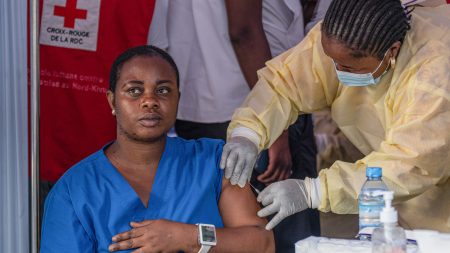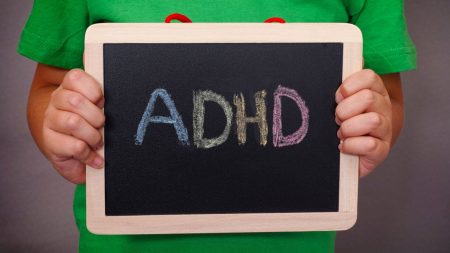Brits are being warned to watch out for the signs of spiking, where alcohol or drugs are given to someone without their knowledge or consent. Recognizing the symptoms of spiking and knowing what to do can be life-saving, especially during the Christmas party season. St John Ambulance is urging people to learn the basics of “spiking first aid” so they can help anyone affected. Spiking can involve putting alcohol or drugs into drinks, needle spiking, or even vape or cigarette spiking. Symptoms of spiking include feeling drunk or drowsy, mental confusion, slurred speech, memory loss, nausea, vomiting, and breathing problems.
Victims of spiking may also experience muscle spasms, seizures, loss of consciousness, or severe hangovers after drinking little or no alcohol. St John Ambulance advises keeping spiking victims hydrated, putting them in a safe place, and having someone stay with them. If a person suspects they have been spiked, they should alert bar staff and the police, reporting any suspicious behavior. If the victim becomes unresponsive, they should be put into the recovery position and an ambulance should be called. Knowing CPR could also be vital in case the victim stops breathing.
A poll found that 23% of 18-43 year olds in the UK believed they had definitely been spiked, with this number rising to 41% when those who possibly have been spiked were included. One victim, Eve Adams, shared her experience of being spiked at a club, feeling like she had been hit by a bus and experiencing brain fog, muscle aches, and a severe headache for weeks. St John Ambulance’s medical director Dr. Lynn Thomas emphasized the importance of recognizing spiking symptoms to protect victims and provide them with necessary care. Staying with a spiking victim, monitoring their condition, and being prepared to give first aid could save their life.
To avoid drink spiking, individuals are advised to never leave their drinks unattended, avoid accepting drinks from strangers, stick to low-risk drinking guidelines, and stay together with friends to look out for each other. Spiking can occur in any setting, whether at home or during a night out, making it important to be proactive in safeguarding against it. Staying informed about the signs of spiking and knowing how to respond can make a significant difference in protecting oneself and others during social gatherings. Organizations like St John Ambulance are working to raise awareness and educate the public on how to prevent and respond to instances of spiking, ensuring the safety and well-being of individuals during the festive season and beyond.











